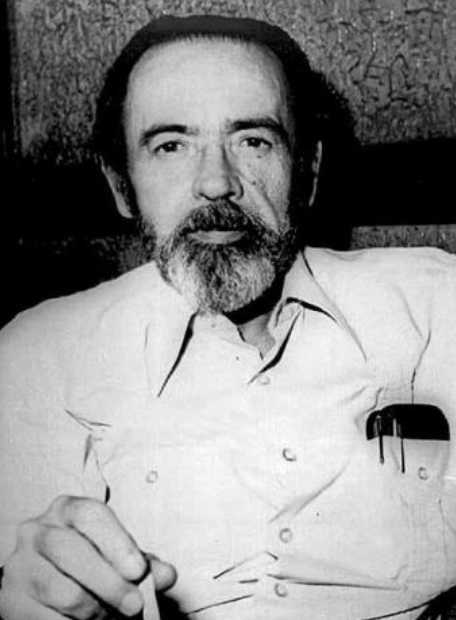4.1.2.7.8 “Inventory of wonders”, written in 1982 by Eliseo Diego (1920 – 1994) and other poetic texts

In “Inventory of Wonders,” the passage of time seems to acquire the roar of a waterfall approaching its precipice, driven by the ever-increasing certainty of death, which is inherent to every being. The tone here is not melancholic but rather one of a dynamic imagery that attempts to quickly fill the meager sum of minutes that are dwindling away.
The poet revels in a solitude that words cannot conjure; rather, he locks himself within them to resist the perishable and tries to focus on a sometimes dizzying succession of images of impeccable workmanship, exponents of a lexicon and an imaginative background that had been polished over the years and the continuity of educational adventures in other expressive cosmos.
The theme of history and the surrounding reality return in this collection of poems; the streets and labyrinths of Havana shape certain pictorial features of the collection, but in them the poet appears as a wandering entity, estranged from himself, a prisoner of a solitude that is ultimately a certain lack of communication, a certain inhabitation in an invisible bubble.
Faced with the inevitability of time, Eliseo Diego builds his own oasis of exception, which becomes lyricism conceived in the already shadowy chambers of memory. The everyday, then, constitutes a pointer toward the evocation of desired and absent realities, based on an associative power that has as its fundamental foundation what can be called the permanent essences of the nation, the continuity of its mythical places of “civil stone.”
Eliseo Diego’s work does not culminate here, but continues in the notebooks titled “Soñar despierto” (Wake Up Dreaming) and “Olmeca” (Olmeca), published in 1984 and 1994, respectively. In this final stage of his output, one can see his desire to penetrate reality and also to discover himself, which is not expressed in an intimate poetic approach, nor in an excessively externalistic one, but rather authentic as an expression of genuine affective states, not stripped of investigative intentions of a more intellectual nature.








